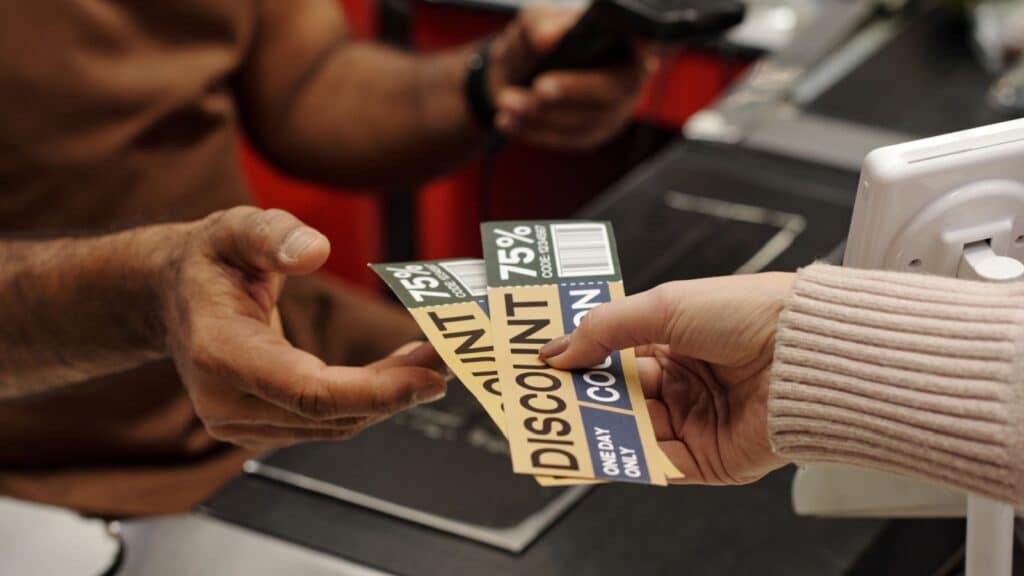Some cost-saving tips age like fine wine. Others? Well, more like spoiled milk. It’s 2025, and the Earth is an expensive place to be. So, traditional “money-saving tips” sound like they belong to another era that just doesn’t cut it anymore. Whatever your grandparents thought was the “absolute guarantee” may be a total waste of your money, time, or effort today. These 16 money-saving tips worked in the past, but are totally out of context today.
Taking Drives Across Town to Save Gas

Boomers used to swear by this one. But when fuel prices are sky-high, driving ten miles to save 5p a litre is literally self-sabotage. With wild traffic, time, and gas burned getting there, you’re losing your money… and sanity. The cheapest gas station is not really worth it if it costs your entire afternoon.
Refusing to Spend on Self-Care

Old school thinking: “Just tough it out.” Now, burnout costs a lot more money. Not going to therapy or not taking a day off from work doesn’t make you rich. It just makes you miserable. Shrinking yourself is not appreciated today. Making wise investments in your well-being returns you 10x times in ways that coupon clipping never can.
Buying in Bulk “to Save” (and Then Wasting Half)

Warehouse shopping is great until you’re tossing out moldy food and soggy cereal. Today, with small families and sustainable living, bulk shopping is really bulk trash. You’re not saving – you’re hoarding. Shop what you actually use, not the zombie apocalypse survivalist kit.
Clipping Paper Coupons Like It’s a Hobby

Come on: nobody has time to carry around a folder of paper coupons today. It is all digital these days. Apps, cashback credit cards, coupon codes… everything. An hour spent clipping paper scraps for 30p off detergent is not worth it; it’s soul-destroying. To actually save money in real terms, just automate things. Tech does the work now; your scissors can retire and rest in peace.
Avoiding Credit Cards at All Costs

Yes, we get it, your grandma warned you credit cards were evil. But using the right card can save you money through cashback, rewards, and consumer protection. Avoiding them entirely can actually cost you in the long run. The trick? Pay in full monthly. Fear of credit made sense once; today, it is a stone-age money phobia.
Always Buy the Cheapest Brand

The bargain-bin approach sounds really smart, but it literally ends up costing you a lot more. Inexpensive gadgets break, cheap clothes rip, and cheap shoes kill your back. Spoiling yourself that little bit extra now and then is well worth it in the long run. Cheapest is not necessarily the best value.
Giving Up the Gym to ‘Work Out at Home’

Yes, it sounds sensible and financially responsible in theory – until your dumbbells collect dust sitting miserably in the sad little corner of your home and your motivation dies. The gym is sometimes worth it. Paying for accountability or a community space can save you from expensive doctor visits later on. So no, not going to the gym to save £30 a month isn’t smart – it’s just short-sighted.
Cooking Everything from Scratch

Honestly, homemade pasta sounds very adorable and noble – but who has the time? Ingredients, energy costs, and the clock all come into account. Once in a while, a pre-cooked dinner or instant sauce is less expensive and a heck of a lot less stressful. If cooking something from scratch is exhausting you, it isn’t being frugal. Frugality does not have to make you suffer.
Hoarding Old Appliances Just Because They ‘Still Work’

That “it is still working” fridge from 2006 is energy-guzzling and is piling up your electricity bills for no good reason. Modern models have been made to be efficient and gentle to the planet. So, maybe replace your antique appliances with newer models; it’ll save you more in the long run.
Paying Cash for Everything

Once considered smart budgeting, now it’s just inconvenient. And sometimes… just unsafe. Online payments and digital tracking make it easier to manage spending and earn rewards. In 2025, cash isn’t the king anymore – it’s suspicious. You’re not being frugal; you’re missing cashback points and automatic savings.
Skipping Insurance to Save Monthly Costs

It’s easy to say, “I’ll take a risk.” But one car crash, medical bill, or flood, and that $40 a month budget rips you thousands of dollars. In 2025, not insuring is not being frugal – it’s being irresponsible. Financial wisdom is to protect your future, not just your current bank balance at hand.
Saving Loose Change in a Jar

Cute, nostalgic… and totally pointless in a world where everything is now online. That jar of coins is basically now useless when everything is tap-to-pay. Micro-savings apps turn your loose change into digital dollars – and earn interest on it. Today, your piggy bank belongs in a museum.
Never Eating Out to ‘Save Money’

The “never eat out” rule did hold true at some point in time, when eating out was actually a luxury. Now, with reasonable meal deals and affordable neighborhood restaurants, you can enjoy life without wrecking your entire month’s budget. You do not need to make yourself miserable just to save a few pennies. Financial health includes joy, too.
Doing It All Yourself

Yes, DIY is not dead, but it is not always cheaper. Messing with your car, plumbing, or even wiring can turn into a real-life horror. And a professional bill triple the original cost (that you were supposed to pay either way). YouTube tutorials don’t make you an expert overnight. Know when to fix and when to phone someone who won’t flood your kitchen.
Cutting Out Vacations Entirely

That “Don’t spend on travel” was once seen as being smart. Vacations don’t have to cost you a fortune – budget road trips, local getaways, or just weekend breaks can recharge you fully. Saving money by destroying your mental health? Yeah, not worth it.
“Don’t Buy Anything New”

Hand-me-downs, thrift, reuse… it is all great. But refusing to buy anything new can literally backfire. Some things (like mattresses, helmets, or skin care) can’t and shouldn’t be second-hand. Frugality should not come at the cost of safety or hygiene.
17 Things You Should Stop Buying After Retirement

Here are 17 things you should absolutely stop buying after retirement — unless you’re okay with wasting money on things that don’t fill you with joy (or worse, actually add stress).
17 Things You Should Stop Buying After Retirement
17 Money Traps That Can Drain Your Savings After 50

These are not flashy splurges or bad investment calls. They’re simply in-the-background pitfalls disguised as “normal life” that drain your bank account little by little. And the sad part? Most people don’t even know it until it’s way too late.
17 Money Traps That Can Drain Your Savings After 50

